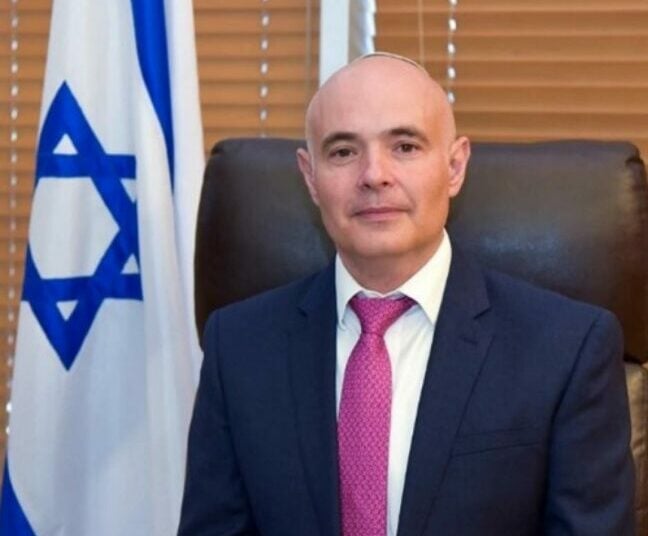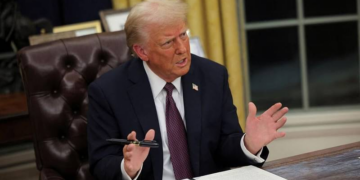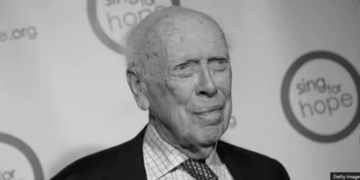The Israeli Ambassador to Nigeria, Michael Freeman, has said that dialogue, tolerance and empathy are panacea to peaceful coexistence and unity adding that progress can only thrive when religious diversity is respected by adherents of different faiths.
The Israeli envoy said on Thursday this during an interfaith conference on coexistence and dialogue among Abraham Faiths in Abuja, stressing that conversation on coexistence was both “important and timely,” especially as many parts of the world continue to grapple with division, hate, and misunderstanding.
“It’s an honour to join today’s important and very timely discussions on coexistence,” Freeman said, adding that at “a time when so many parts of the world are struggling with division and misunderstanding, this conversation could not be more necessary.”
Freeman said that peace is not the absence of conflict but the presence of respect, empathy, and shared purpose.”
“It is about choosing dialogue over hate, building bridges rather than walls, and recognising that our diversity can be a source of strength rather than weakness,” he said, even as he shared examples of how coexistence is practiced in Israel, describing it as “a lived reality” rather than a distant ideal.
“Every day, Jews, Muslims, Christians and Druze live, work and study side by side,” he said. “In our hospitals, doctors treat all patients equally. In our universities, students from every background learn together. In our parliament, voices from every community help shape the nation’s future.”
He noted that although Israel’s coexistence is “not perfect,” it is “real and cherished.” He also welcomed the Druze guests from Suweda, calling their presence a reminder that “coexistence is not limited by borders.”
The ambassador highlighted Israel’s regional peace efforts through the Abraham Accords, which have strengthened diplomatic and economic ties with countries such as Morocco, Bahrain, and the United Arab Emirates.
“These accords have already changed the face of the Middle East, proving that peace between peoples is possible when we focus on what unites us,” he said. “We continue to hope and work for the expansion of the Abraham Accords so that more nations will join the circle of peace and prosperity.”
“Here in Nigeria, we see a nation that mirrors that same aspiration, diverse, faithful, and full of promise. Nigeria has faced painful challenges, attacks on Christian communities and attacks on Muslim communities. Each tragedy is a wound that must be healed, and healing can only begin through understanding and partnership.”
Freeman stressed that sustainable peace must begin at the grassroots level, not only in political or diplomatic circles.
“Peace does not begin in government halls or international conferences,” he said. “It begins in neighbourhoods, in schools, in our places of worship, and in our hearts.”
The event was attended by Christian clerics, Muslim Imams, Jewish and Druze religious leaders and scholars.





